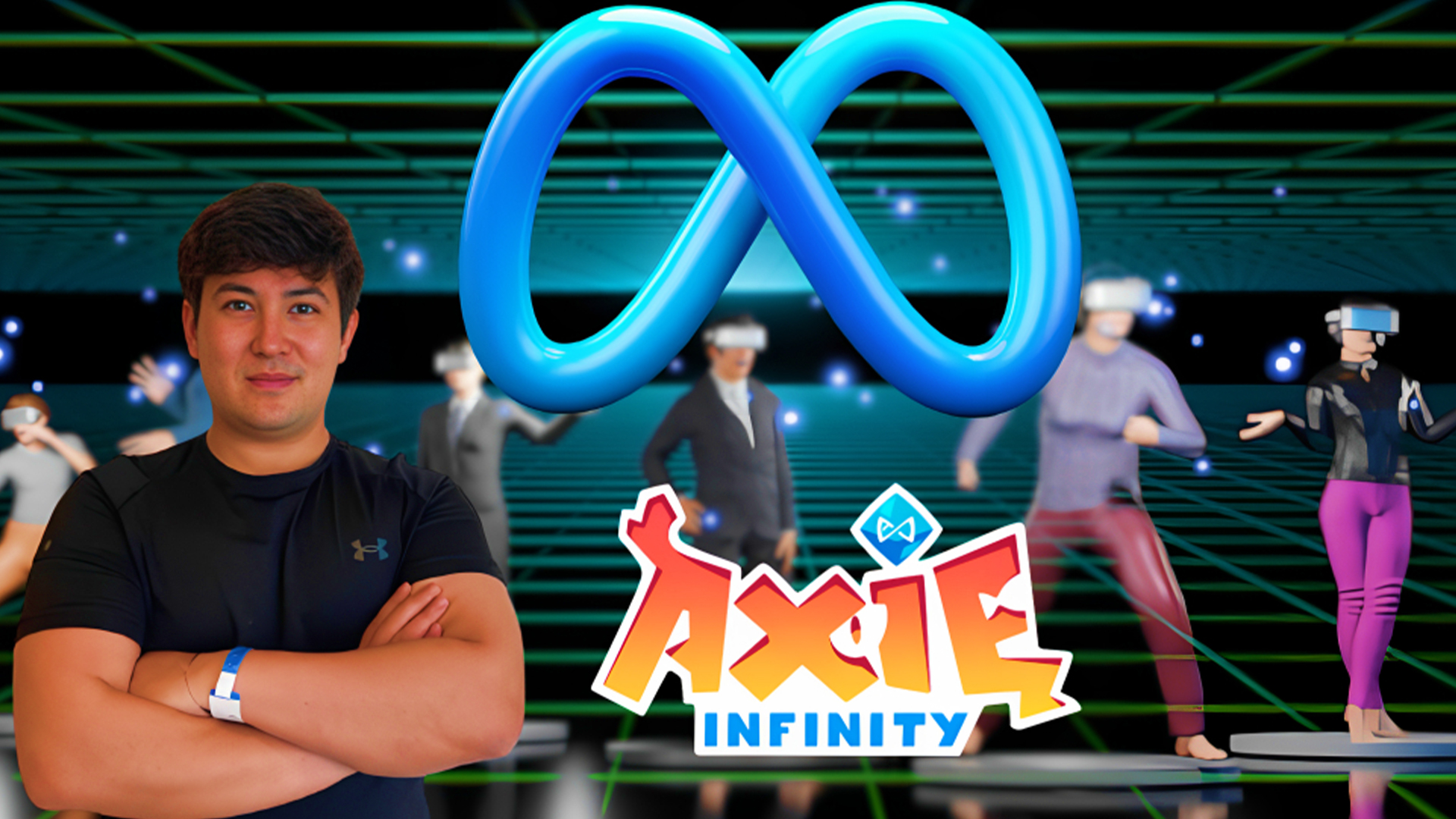- Metaverse is seen as the future of Internet.
- Entities are engaging in stiff competition to develop the metaverse to gain more power.
- It is a tussle to establish control over the future of the internet that will determine whether it will be centralized or decentralized.
Metaverse is turning out to be a battleground for various entities wrestling to gain more and more control over the future of the internet. The polarised ends of this battle are fighting to make this virtual world and, in effect, the internet as a whole centralized versus decentralized.
The argument began with Facebook’s entry, along with other big techs which are effectively centralized organizations. On the other hand, the crypto-enthusiasts have long been bidding the metaverse to be decentralized.
This is because it may transform most of our present internet activities into a more immersive experience. And if a huge portion of the internet will play out over it, then the one who builds the virtual world will have greater control over the internet itself.
The idea of Web 3.0 itself is based on having a decentralized world wide web. This conflicts with the nature of these organizations that have established ownership.
Challenges foreshadowing
Jeff Zirlin, co-founder of Sky Mavis, said that Facebook’s venture into the metaverse is the start of a battle to control the future of the internet. Sky Mavis is an online gaming studio associated with Axie Infinity, an NFT-based super hit online video game. Zirlin made this statement during his speech at NFT BZL 2021, an international conference of NFT enthusiasts held in Miami, Florida.
He also said that the crypto-space face bigger enemies as the blockchain technology and digital assets find their way into the mainstream. This speculation has enlarged because of Facebook’s rebranding into “Meta, as a company mainly focused on the full-fledged development of its metaverse.
This new scheme of the tech giant investing millions of dollars in developing the virtual world is staggering for most crypto-enthusiasts. Axie Infinity, along with Decentraland, The Sandbox, etc., have already laid functional versions of their metaverse games, which are fully blockchain-based. This is years before Meta’s products have even seen the phase of fabrication.
One of the co-creators of the Ethereum minting game said — “Centralized firms (like Facebook) are trying to buy the soul of the internet.” The sentiment is echoed by Yat Siu, founder of metaverse investment firm Animoca Brands. While Meta claims that it will “help build the metaverse responsibly,” Siu has expressed that Meta and Chinese Tech conglomerate Tencent will be a “threat” to a decentralized metaverse.
The current stakeholders in the crypto-space can’t compare to the sheer volume of big tech giants like Meta and Microsoft. Meta has already gained profits over $10 billion it its VR offerings, which is before even its VR platform has been made public. If this inspires giants like Apple and Amazon to look into this direction, Metaverse might as well be a centralized authorized app store.
VR games such as Roblox, Fortnite, Minecraft, are already out there, operating on a private ownership. They are very popular among the gamers who spend hours a day on the platforms bringing traffic of millions.
In reality, all of these companies who want to claim Metaverse, in reality, will be closed virtual reality spaces, completely governed by themselves.
Advocacy for decentralization
Siu’s concerns sound quite pragmatic since Facebook’s history has been damaging to the lawmakers and the public privacy alike. During the launch of Meta, Mark Zuckerburg released a long video promoted his ambitious plans for the metaverse and how it could advance the creator industry. But in his hour-long speech, he never for once happened to uttered the word “decentralized”.
For all decentralization fans, metaverse offers medium to remain out of the internet influenced by the Big Tech. This requires the augmented reality space to run on blockchain technology that delivers secure network operability without giving an overall control to a single entity.
Experts also opine that Metaverse must offer something extravagant that’s never before offered. Otherwise, it will just be VR equipment on top of the run-down internet just the way it’s been for ages.
Blockchain technology is central to metaverse. It allows rule-free creation and secure ownership and transferability of creations and transactions across different platforms without central party’s control.
They can display excellent real-life cases of NFTs for ownership of various units in the digital world.ocurre as the cryptocurrencies, already on the blockchain, as the most secure way of transactions.
